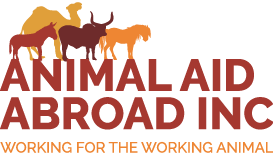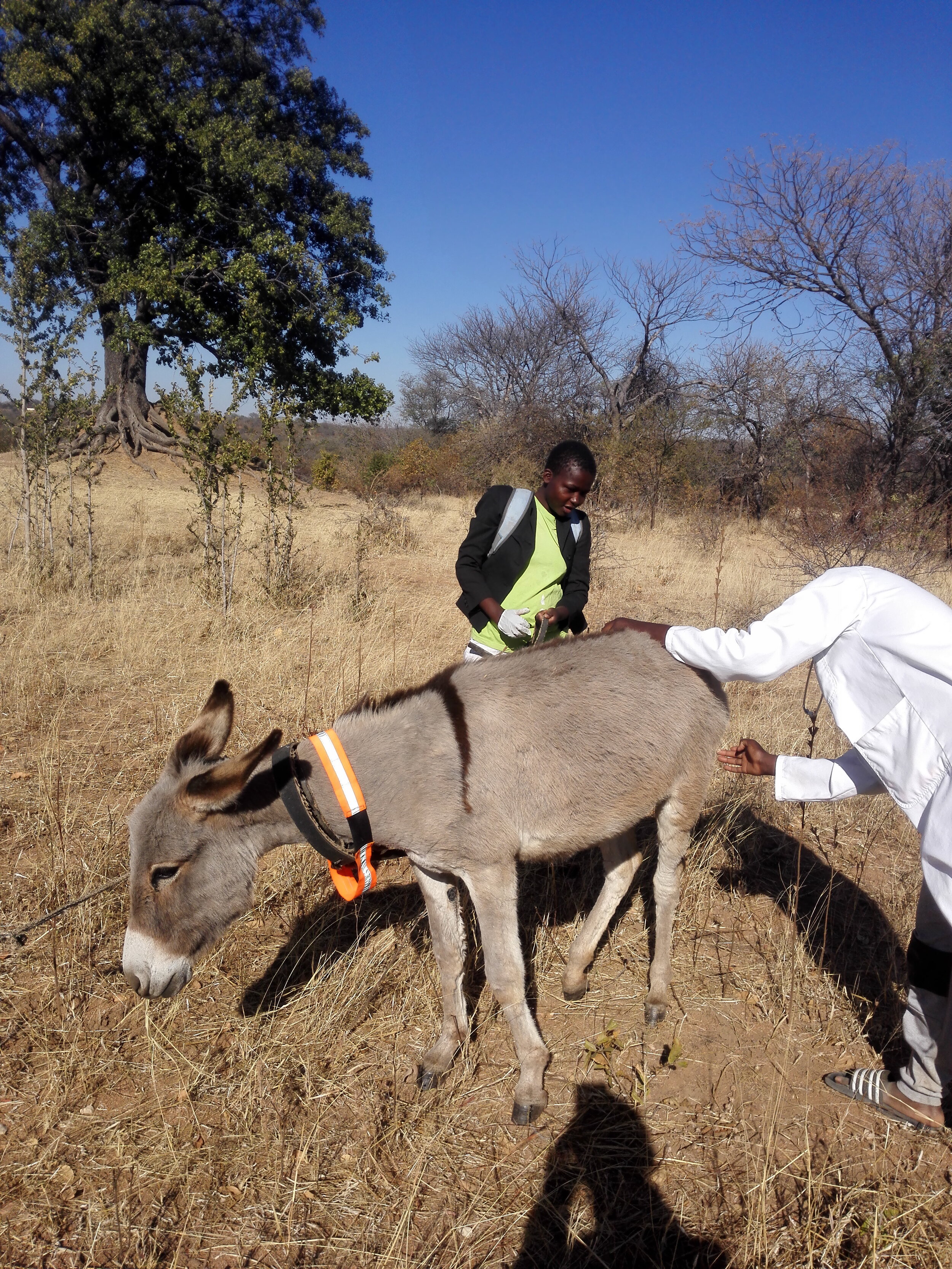Tikobane Trust working hard for working animals
AAA Partner Group, Tikobane Trust have sent us a recap of their June Mobile Donkey Clinic.
"During the month of June we reached 443 animals, 340 donkeys, mostly treated for harness wounds and predator attacks, 103 dogs were dewormed and we educated 206 people in 6 villages. We recorded a high number of donkeys attacked and killed by hyenas in a village that we have not yet visited. During the month of July we aim to distribute 350 neck reflectors for donkeys as winter and summer are the most challenging seasons, human/wildlife conflict is high and we need to protect our working animals. Despite the challenges, we have positive things happening in donkey welfare, one of our community vets that we trained in harness-making developed a simple and effective way of padding harnesses using old blankets. The padding is proving to be popular among the villages and it effectively protects from harness wounds.
As the corona virus continues in our country more organizations are still under lockdown and only a few organizations are open. This has made life difficult with prices for basic commodities rising every day. Dogs have been mostly affected as their owners are failing to feed and look after them. We rescued 6 dogs straying in the villages. When we tried to locate their owners, we were unable to find them and so we took them to the Tikobane–Animal Aid Abroad Donkey and Animal Sanctuary.
Animal welfare education is moving in the right direction in most villages that we do our work in. Though its not instant success, we continue to see positive steps forward for working animals. Rural hunters around the communities used to be negative towards dog deworming and vaccination because of the myths that deworming and vaccination will make their dogs poor hunters. However, we have seen a good number of dogs coming for treatment. As water is becoming a challenge donkeys are used to collect water for other animals and humans. Donkeys are sometimes not given the water they carry and we educate communities on the need to give their donkeys water on a regular basis.
During the coming quarter, our target is to distribute 1000 neck reflectors for donkeys as the seasons we are in is the time most donkeys are attacked and killed by hyenas and lions. Reflectors have proved to be useful in protecting wildlife. We are also raising awareness and encouraging communities to keep their livestock enclosed at night, especially donkeys as they are mostly targeted by wild animals."









